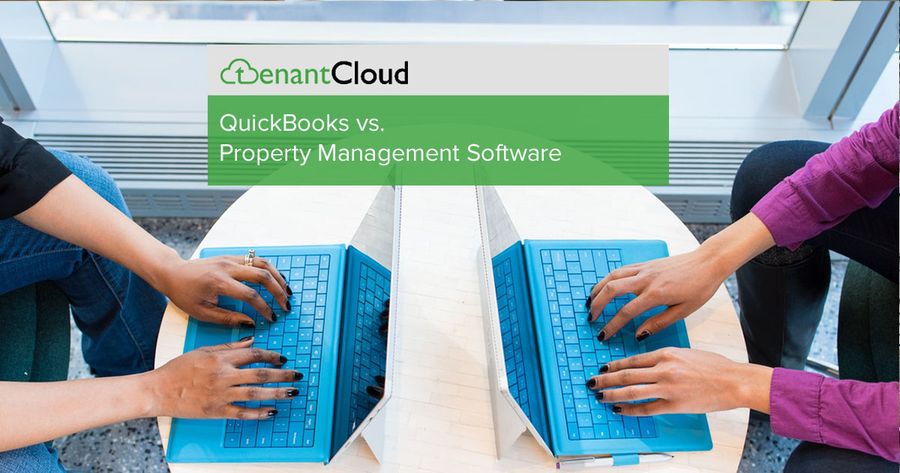Running a property management business isn't only about renting out properties and signing lease agreements. It also means managing financial operations. Numerous landlords and property managers use QuickBooks to handle their finances.
QuickBooks is an accounting tool with customizable invoices, expense tracking, bank reconciliation, great reporting, and a dashboard. It allows multiple currencies and seamless integration with other software. With QuickBooks you don't need to acquire prominent accounting skills to keep track of your finances, because the software is easy to use and offers great customer service.
But QuickBooks covers only one aspect of property management. Using its accounting features, you're likely to reach your financial goals. But you should go the extra mile to stay competitive in the property management environment. That's why property management software has become a popular choice along with QuickBooks and other solid accounting software.
Property management software offers many more options for the effectiveness of your business. TenantCloud, for instance, has full accounting (which provides an overview of all transactions) as well as lease agreement templates, allowing you to collect online rent payments and sign lease agreements within the system. Save paper and ink for your art classes!
Maintenance management is another great feature some property management software can be proud of. It means that landlords and tenants have the option to share maintenance issues, add photos and videos of damage, send messages, and manage invoices to quickly fix any problem. Assigning work orders to service professionals is another tool to effectively manage work orders.
Overall, any property management software can simplify documentation procedures and automate most of the process by generating reports, setting up reminders and notices, and creating recurring invoices.
Related: The Secret to an IRS Audit : TenantCloud Property Management Software

To better analyze the pros and cons of QuickBooks versus property management software, take a look at the reviews of real customers who use both tools:
I never thought I would switch to a property management software after years of using QuickBooks online. I just love its functionality, but it's more reasonable to have everything in one place. That's why TenantCloud seems to be the best option for DIY landlords.
Andrew Voinovich, Pennsylvania, Landlord
QuickBooks pros: bank account reconciliation, chart of accounts, prepaids tracking, instant and clear dashboard of profit and loss, auto import of bank transactions.
Omar Athar, Property Manager
Among various financial management tools, QuickBooks is my favorite. It helps me with financial tasks like tracking transactions and monitoring cash flow. But honestly, Quickbooks isn't enough for a property manager. A property management software does what QuickBooks is missing. I'm referring to all the tasks connected with leases, maintenance, and communication.
Susan Donnerson, Washington, Landlord and Former Property Manager
QuickBooks will work great until you get too many doors to manage it, and then you'll have to move to something more robust and more expensive. I own a bookkeeping firm. We deal with QuickBooks all day long, but I've also dealt with Yardi, for example, if the client had 300 doors.
Cathie Kovacs, Stamford, CT, Property Manager
Obviously most landlords and property managers prefer property management software systems to manage their rentals, because they offer a wide variety of functions, making the management process easier and more accessible.
What are your thoughts on the topic? If you have any pieces of advice, leave a comment below. We'd love to hear what you think!
Real Estate Accounting: Property Financial Management Tips You Need To Know
Top 4 Small Landlords Success Accounting Tips: Guide to Rental Property Accounting
Real Estate Business Tips: How Landlords Can Survive Financially







